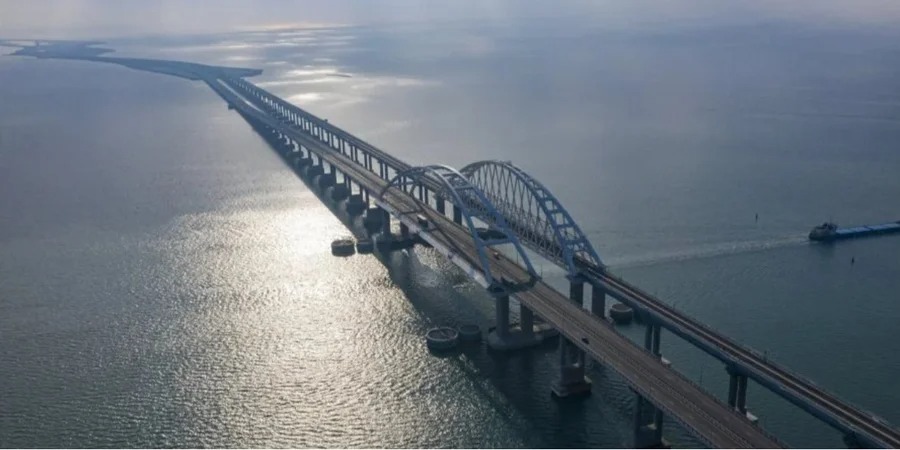Russia’s war against Ukraine is wiping out the Crimean Tatar people from the face of the Earth. If Crimea is not liberated, they will disappear. With this stark warning, Mustafa Dzhemilev, the leader of the Crimean Tatar people, addressed the Fifth Crimea Platform Summit with representatives from over 60 countries in New York on 24 September.
The number of Crimean Tatars persecuted for political or religious reasons is proportionally 52 times higher than inside Russia itself. Additionally, since 2014, about 50,000 Crimean Tatars and up to 100,000 ethnic Ukrainians have been forced to leave Crimea, while more than 1 million Russian citizens have been resettled there.
The Russian-Ukrainian war began in 2014, when Russia occupied Crimea, destroying international law and, for the first time since World War II, changing the borders of another country by force. The world did not respond at that time, which only strengthened Russia, an aggressor now launching drones over Europe.
The Russian war has also fueled the rise of far-right populist forces in Europe. The longer the war continues, the more these processes will escalate.
Speaking at the platform, Dzhemilev stressed that Russia’s occupation has turned life on the peninsula into a reality of constant repression for both Crimean Tatars and Ukrainians.
“Appeasing the aggressor” repeats Hitler’s lessons
Dzhemilev sharply criticized statements that Ukraine should agree to Russia’s terms — giving up Crimea and abandoning NATO membership.
“What is surprising is that despite all the crimes of the Putin regime, some allies still do not understand: it is impossible and dangerous for all humanity to appease a bloody aggressor with territorial concessions,” he said.
Earlier, US President Donald Trump said that Ukraine would have to agree to certain conditions from Russia. In particular, he believes that to end the war, Ukraine should give up Crimea to Russia and agree never to join NATO.
“This tactic strongly resembles the attempt to appease Hitler in 1938 by handing him part of Czechoslovakia, which resulted in World War II. The world must not repeat those mistakes, at least in memory of the 55 million who perished in that war,” explained Dzhemilev.
Russia’s “peace plans” — a path to new war
Dzhemilev also warned that the idea of “realpolitik” is gaining traction in some allied countries, where moral principles are set aside in favor of compromise.
“One could propose a so-called peace plan that coincides with the aggressor’s demands — a ceasefire in exchange for recognizing Crimea and other occupied territories of Ukraine as Russian,” he said.
But such a scenario, he stressed, would only create “a very short pause before a new, even bloodier war,” since agreements signed under the threat of force are legally null and void.




